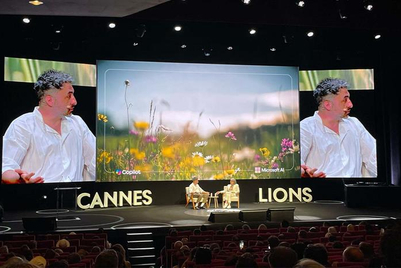
Australia is set to go ahead with a contentious new law that will force Facebook and Google to pay news outlets for content. The country's prime minister Scott Morrison claimed he had got strong support from world leaders for this move, a day after the social media giant had blacked out all media in the market, deepening the rift between Australia's regulators and embattled tech giants such as Facebook.
The new law will force Facebook and Google to reach commercial deals with Australian publishers or face compulsory arbitration. It has already been cleared by the federal lower house and is expected to be passed by the Senate within the next week.
Faced with the new law, Facebook on Thursday (February 18) blocked access to a wide swathe of news sites on its platform. But in the process, several other pages including those for state governments, charities and emergency pages had also gone down.
Morrison said in a Facebook post on Thursday that Facebook’s actions to "unfriend Australia today, cutting off essential information services on health and emergency services, were as arrogant as they were disappointing".
He said he had gotten support for the legislation from leaders across the world, including Britain, Canada, France and India, adding "we simply won't be intimidated".
"There is a lot of world interest in what Australia is doing," Morrison told the media in Sydney. "That is why I invite...Facebook to constructively engage because they know that what Australia will do here is likely to be followed by many other Western jurisdictions."
Following the news blackout, Australia's treasury secretary Josh Frydenberg said he had spoken for a second time to Facebook CEO Mark Zuckerberg. "We talked through their remaining issues and agreed our respective teams would work through them immediately. We'll talk again over the weekend," Frydenberg tweeted.
Frydenberg and other Australian leaders have maintained that this move is bigger than duelling with one or two large tech platforms. "This is about Australia's sovereignty," he told a news channel.
A day on from the announcement, tensions between Facebook, the Australian government and consumers continue to simmer. While Facebook did restore some government pages late on Thursday, several charity, nonprofit and neighbourhood groups remained offline.


.jpg&h=334&w=500&q=100&v=20250320&c=1)



.png&h=334&w=500&q=100&v=20250320&c=1)



.png&h=334&w=500&q=100&v=20250320&c=1)





.png&h=268&w=401&q=100&v=20250320&c=1)
.png&h=268&w=401&q=100&v=20250320&c=1)

